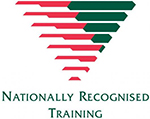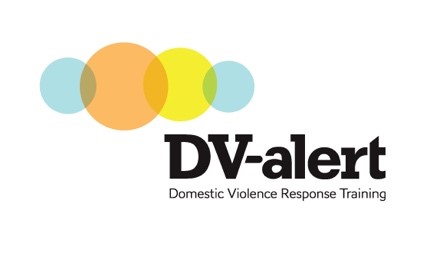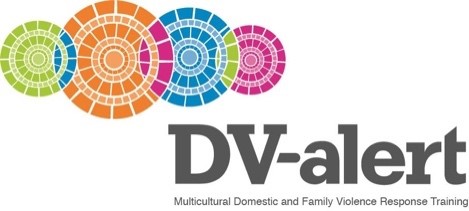
Domestic and family violence response training
DV-alert training aims to build the knowledge and capacity of community front-line workers to provide appropriate support for women and children in Australia.



Lifeline’s DV-alert* (Domestic and Family Violence Response Training) is a nationally recognised training program that enables frontline workers to confidently:
- RECOGNISE signs of domestic and family violence (DFV)
- RESPOND with appropriate care
- REFER people experiencing or at risk of domestic and family violence to appropriate support services
Lifeline Northern Beaches offers DV-alert General and Multicultural Workshops.
Lifeline Northern Beaches’ Upcoming Workshops:
FOUNDATION DV-ALERT 2-DAY WORKSHOPS
Date: 6-7 March 2024
Time: 9:00am – 5:00pm
Venue: Lifeline Northern Beaches, 310 Sydney Rd, Balgowlah NSW – CLICK TO ENROL
For more information about this course: DOWNLOAD BROCHURE HERE
REGISTER AT dvalert.org.au
Contact us at training@lifelinenb.org.au if you require more information or assistance with your registration.
MULTICULTURAL DV-ALERT WORKSHOPS
Date: 2 May 2024
Time: 9.00am – 4.30pm
Venue: Lifeline Northern Beaches, 310 Sydney Rd Balgowlah NSW – CLICK TO ENROL
For more information about this course: DOWNLOAD BROCHURE HERE
REGISTER AT dvalert.org.au
Please email training@lifelinenb.org.au if you require assistance with your registration or if you would like us to organise a group session for your team.
Important information about ALL DV-alert Workshops:
Who delivers the training?
Lifeline Northern Beaches utilises qualified trainers and delivers DV-alert training on behalf of Lifeline Australia (RTO 88036).
What are the benefits of the training?
- Statement of Attainment for the nationally recognised unit of competency CHCDFV001 – Recognise and Respond Appropriately to Domestic and Family Violence
- Points for professional development, specifically for nurses (Continuing Professional Development/CPD hours of the mandatory 20-hour requirement for annual registration; 13 Continuing Nurse Education/CNE hours of the 30-hour professional development annual requirement
- Opportunity to network with other frontline workers in the community
- Improved referral knowledge through increased knowledge of resources and support
What is the cost of the training?
- The training fee is waived for health, allied health, community, higher education, childcare frontline workers.
- On top of that, Lifeline will cover reasonable costs of participants requiring travel, accommodation and staff backfill. Visit www.dvalert.org.au for more information
DV-alert is funded by the Department of Social Service
How do I register?
You can register online for a DV-alert workshop. View the DV-alert workshop schedule above and click on your preferred workshop to begin the registration process.
Foundation DV-alert Workshop
Who is it for?
To be eligible to attend, participants must be at least 18-years-old and work or volunteer in the health, allied health, community, higher education, childcare, frontline capacity supporting the general community.
What will I learn?
Foundation Workshops involve attending a two-day practical workshop where you’ll learn how to recognise the signs of domestic and family violence, how to respond to someone experiencing domestic and family violence and what best practice methods should be used to refer people on to the most appropriate support service.
Multicultural DV-alert Workshop
Learn the basics of recognising, responding and referring domestic and family violence within culturally and linguistically diverse communities.
We deliver our Multicultural DV-alert workshops in partnership with Settlement Services International a recognised multicultural service provider.
Who is it for?
Multicultural DV-alert workshops are for health, allied health and community frontline workers supporting multicultural communities in Australia. One of the priorities of the National Plan to Reduce Violence Against Women and their Children is to ensure that services meet the needs of women and children experiencing violence. DV-alert aims to build the knowledge and capacity of community frontline workers to provide appropriate support to women and children in Australia.
To be eligible to attend, participants must be at least 18-years-old and work or volunteer in a health, allied health, community, higher education, childcare frontline capacity supporting Multicultural communities.
What will I learn?
While taking into account the unique issues and contexts faced by multicultural communities in Australia, you’ll learn how to recognise the signs of domestic and family violence, how to respond to someone experiencing domestic violence, and best practice methods should be used to refer people on to the most appropriate support service.
More information
Interested in taking part?
Email training@lifelinenb.org.au or call our Training Manager on (02) 9949-5522
Our Training Manager is available 8:30am-4:30pm, Monday to Friday. If you call outside these times, please leave a message and we will get back to you.



